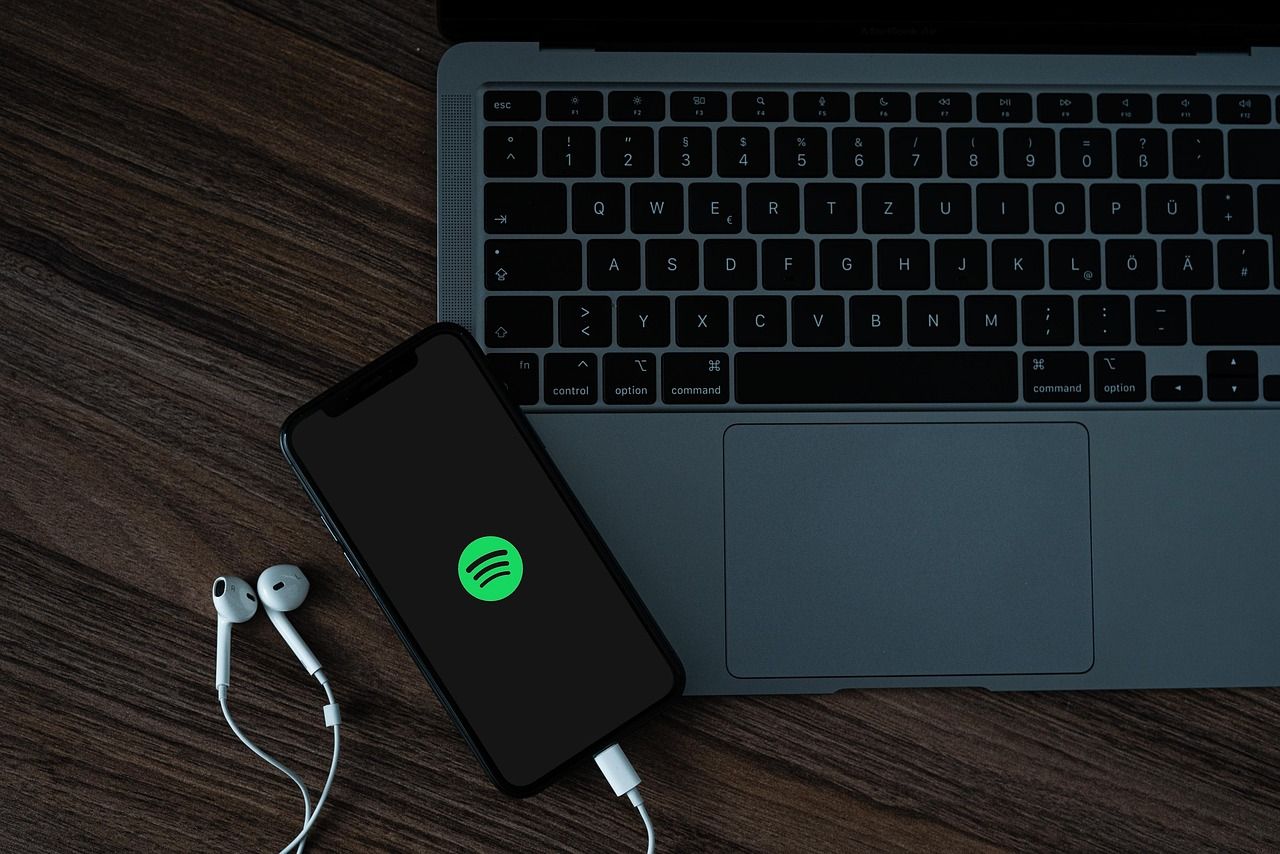Have you ever wondered how much money an artist makes for every stream on Spotify? It’s a fascinating topic, and if you’ve ever been curious about what happens behind the scenes in the world of music streaming, you’re in the right place. Let’s break it down and explore this topic in simple, clear terms.
Understanding Spotify’s Payment Structure
Spotify is one of the biggest music streaming platforms in the world. With millions of songs and even more users, it’s an essential tool for musicians to share their work. But how does Spotify pay artists for those millions of streams? The answer isn’t as straightforward as you might think.
Spotify doesn’t pay artists a fixed amount per stream. Instead, payments are calculated based on a complex formula. The amount depends on various factors like subscription fees, advertising revenue, the country where the stream happens, and even the agreements between Spotify and music rights holders. On average, artists earn between $0.003 and $0.005 per stream. That means if your song gets 1,000 streams, you might earn $3 to $5.
Why Payments Vary So Much
The big question is, why doesn’t Spotify just pay the same amount for every stream? The answer lies in the way the platform generates its revenue. Spotify earns money through two main sources: paid subscriptions and ads. Depending on how much money Spotify makes in a given month, the total pool of revenue available for payouts can vary. This is divided among all the streams on the platform during that time.
For example, streams from premium subscribers typically earn more than streams from free users. That’s because paid subscribers contribute more to Spotify’s revenue. Additionally, the location of the listener also plays a role. Streams from countries with higher subscription fees or ad rates contribute more to the payout pool compared to countries where fees are lower.
What About Rights Holders?
Another piece of the puzzle is how royalties are split. When Spotify pays out royalties, the money is distributed to rights holders. This includes record labels, producers, and sometimes even managers. Artists typically receive only a portion of that payment. If an artist is signed to a label, they might get a smaller share of the revenue because the label takes a cut.
Independent artists, on the other hand, might receive a larger share since they don’t have to split their earnings with a label. However, they might have other costs, like paying for distribution services, which can eat into their earnings.
Breaking Down the Numbers
To really understand how much per stream on Spotify translates to in earnings, let’s look at an example. Imagine your song gets 1 million streams. At $0.003 per stream, that’s $3,000. But if you’re signed to a label that takes 70%, you’re left with just $900. For independent artists, the numbers might look a bit better, but they’ll still need to account for expenses like marketing and production.
How Artists Maximize Their Earnings
For many artists, the key to earning more from Spotify is to increase their streams. But how do they do that? Here are some strategies that work:
- Build a Fanbase: Engaging with fans on social media and other platforms can drive more streams.
- Use Playlists: Getting featured on popular Spotify playlists can skyrocket your song’s visibility.
- Collaborate with Other Artists: Working with other musicians can introduce your music to their audience.
- Focus on Quality: Releasing high-quality music that resonates with listeners increases the chances of getting repeat streams.
The Bigger Picture
While Spotify payouts per stream might seem small, it’s important to remember that streaming is just one piece of an artist’s income puzzle. Many musicians also earn money through live performances, merchandise, and other digital platforms. In fact, for some, Spotify is more about exposure than direct income.
That said, the debate around fair pay for artists in the streaming era continues. Many artists and fans argue that platforms like Spotify should pay more per stream. On the other hand, Spotify claims its model is designed to benefit the entire music ecosystem.
Comparing Spotify to Other Platforms
Spotify isn’t the only streaming service out there. Other platforms like Apple Music, Amazon Music, and YouTube also have their own payout structures. Interestingly, Apple Music typically pays more per stream than Spotify, with rates closer to $0.01 per stream. YouTube, however, pays much less, often less than $0.001 per view.
For artists, choosing which platform to focus on depends on their goals. Some might prioritize Spotify for its massive user base, while others might lean towards platforms with higher payouts.
Final Thoughts
So, how much per stream on Spotify? The short answer is, it depends. Factors like listener location, subscription type, and royalty splits all play a role in determining an artist’s earnings. While the per-stream payouts might seem small, the potential to reach millions of listeners makes Spotify an invaluable tool for musicians.
Whether you’re an artist trying to make it big or just a curious music lover, understanding Spotify’s payment model gives you a glimpse into the challenges and opportunities of the modern music industry. It’s a world where every stream counts, and the journey from a single play to a million can make all the difference
For further reading, explore these related articles:
- Loretta Lynn: The Story of the Coal Miner’s Daughter Who Changed Country Music Forever
- Rick Astley: A Pop Music Icon Who Never Gave Up
For additional resources on music marketing and distribution, visit DMT Records Pvt. Ltd..






